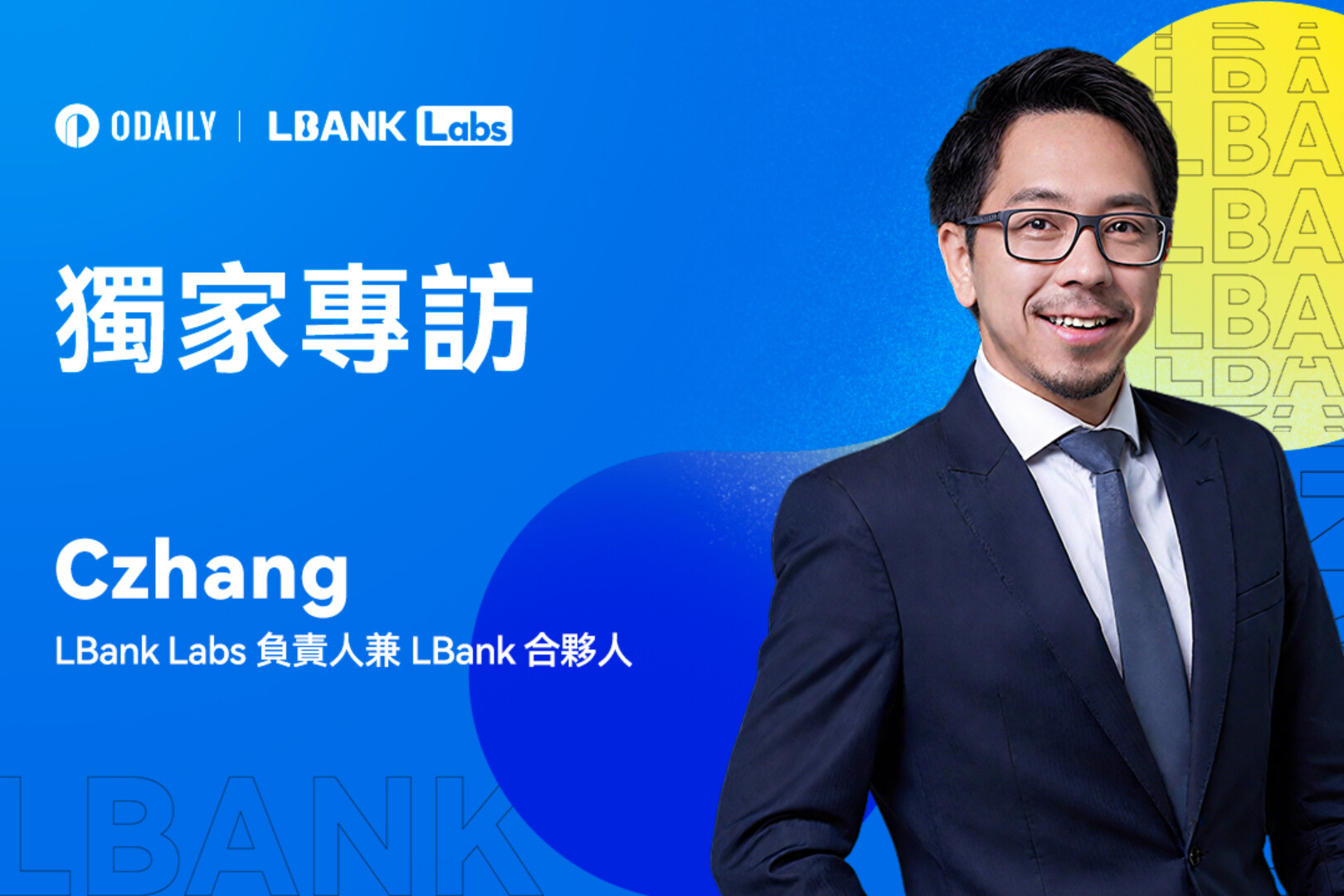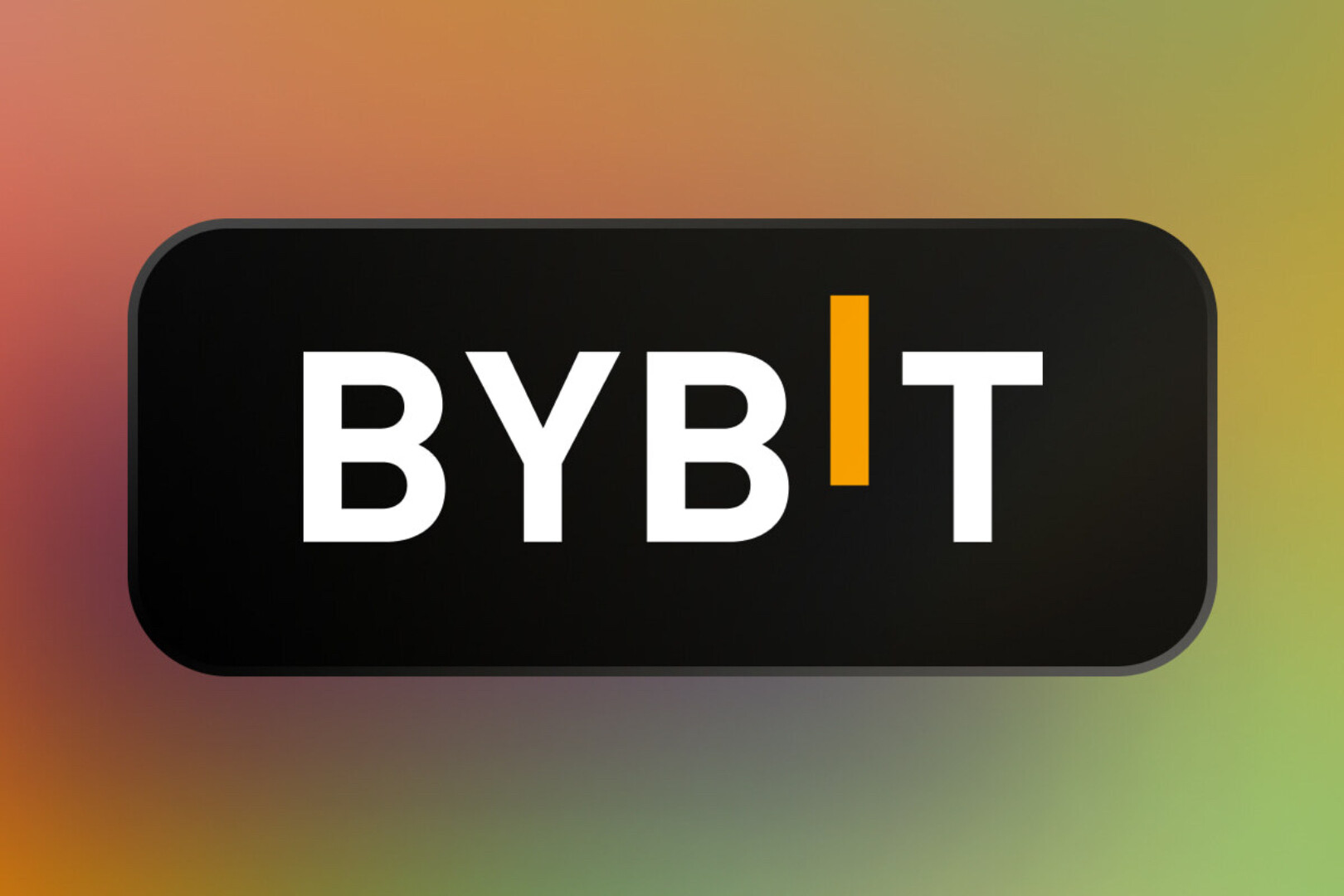
Recently, the privacy computing AI network PlatON announced the official launch of the secure multi-party computing ceremony - Lumino, inviting global community participants to contribute to the development of privacy computing technology.
Lumino is a large-scale activity that uses a secure multi-party computing protocol to generate a zero-knowledge proof system public reference string (CRS) in a trustless manner. It is a prerequisite and an important step for deploying and using privacy protection-related applications in a decentralized ecosystem. The activity is currently focused on the PLONK algorithm. As a practical and efficient zk-SNARKs algorithm, PLONK is often used in blockchain projects and communities. It is characterized by a one-time initialization process, that is, one run can be used to deploy multiple applications. Unlike other existing ceremonies, Lumino performs secure multi-party computation on two curves, including BN254 and BLS12-381.
way of participation
way of participation
The Lumino ritual is split into two compute groups, each of which will run code on a curve. For different underlying cryptographic configurations, participants can choose to join one or both computing groups. The calculation process will be performed sequentially. Once the ceremony starts, the participants run the open source client software and complete the calculation within a few hours, and the participants can join at any time after the ceremony starts.

secondary title
running computation time
Depending on the specific conditions of the participant's device and bandwidth, this calculation usually takes about 1 to 10 hours to run the client software. Participants join and complete the calculation according to the predetermined order, or join at any time during the ceremony, and can be arranged to participate in the calculation when there are no other active users waiting.
secondary title
Trustless Collaborative Security
About PlatON
About PlatON
PlatON is initiated and promoted by the LatticeX Foundation, based on the basic attributes of the blockchain, supported by a private computing network, and provides a next-generation Internet basic protocol with "computing interoperability" as its core feature. PlatON builds a computing system composed of verifiable computing, secure multi-party computing, zero-knowledge proof, homomorphic encryption and other cryptographic algorithms and blockchain technology, providing global artificial intelligence, distributed application developers, data providers and storage Various institutions, communities and individuals with computing needs provide public infrastructure under the open source architecture.





